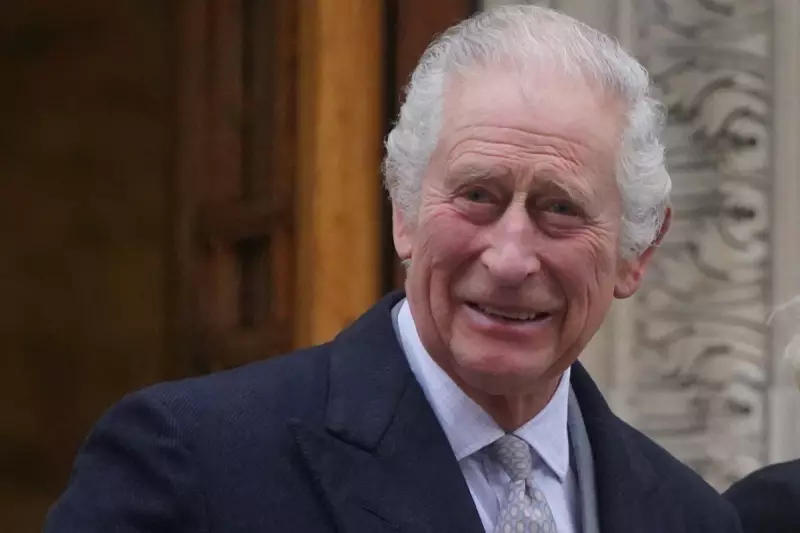
In a powerful gesture of reconciliation, King Charles has thrown his support behind Britain's first permanent memorial honouring LGBT veterans who suffered persecution under the military's former ban on homosexuality.
The monarch's endorsement came during a poignant ceremony at the National Memorial Arboretum in Staffordshire, where he met with veterans and acknowledged the "great debt" owed to those who served while forced to conceal their identity.
A Long-Awaited Recognition
For decades, LGBT personnel in the British Armed Forces faced dismissal, harassment, and criminal prosecution simply for being themselves. The ban, which remained in force until the year 2000, ruined countless military careers and caused immeasurable personal suffering.
The new memorial, featuring a bronze sculpture within a peaceful garden setting, stands as permanent testament to their service and sacrifice despite the institutional discrimination they faced.
Healing Old Wounds
Veterans who attended the ceremony described the King's involvement as profoundly meaningful. Many had served during periods when being discovered as LGBT could lead to immediate dismissal, loss of pension rights, and even criminal charges.
One veteran present at the event shared how the memorial represents "validation after years of silence" and sends a powerful message that their service mattered, regardless of their sexual orientation.
National Significance
The memorial's location at the National Memorial Arboretum gives it prominent national status, ensuring that the stories of LGBT veterans will be remembered alongside those of other service personnel.
This recognition comes as the UK continues to address historical injustices against LGBT individuals in the military, with some veterans still seeking formal apologies and compensation for their treatment.
The King's personal engagement with this project signals a significant step toward acknowledging this difficult chapter in British military history and honouring those who served their country with courage and dignity, despite facing discrimination from the institution they pledged to protect.





